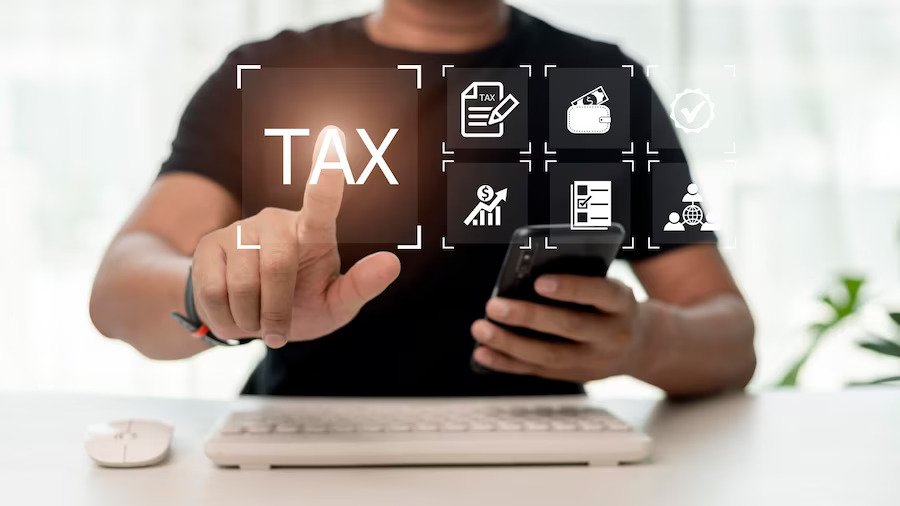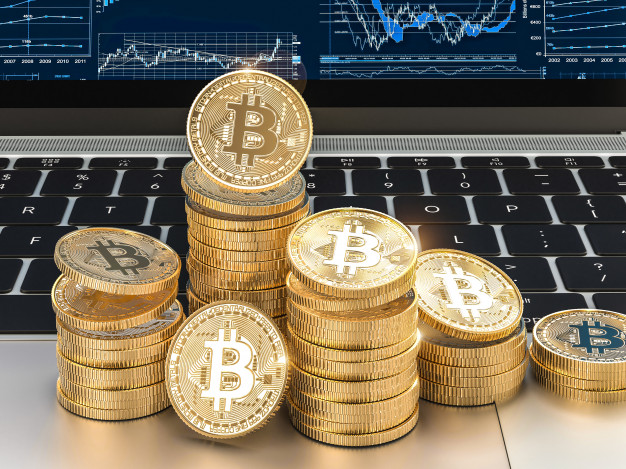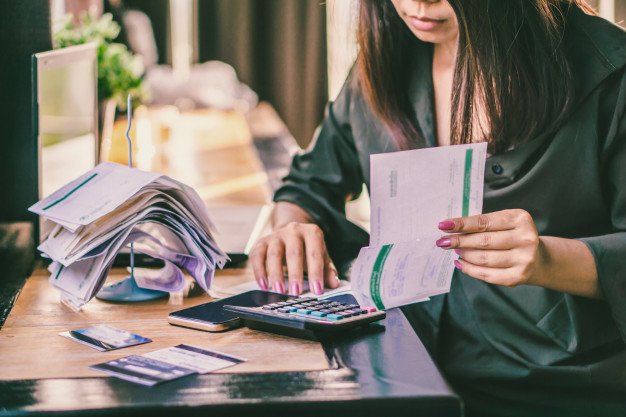As an independent event planner, you have the freedom to set your own schedule and take on exciting projects that you’re passionate about.
However, being your own boss also comes with certain responsibilities, including managing your taxes. Freelancers often face challenges in maximizing their tax savings and properly filing their taxes due to their unique work situation.
In this article, we’ll explore the tax implications of being an independent event planner and provide helpful information to ensure that you’re on top of your tax obligations.
1099 Income and Taxes
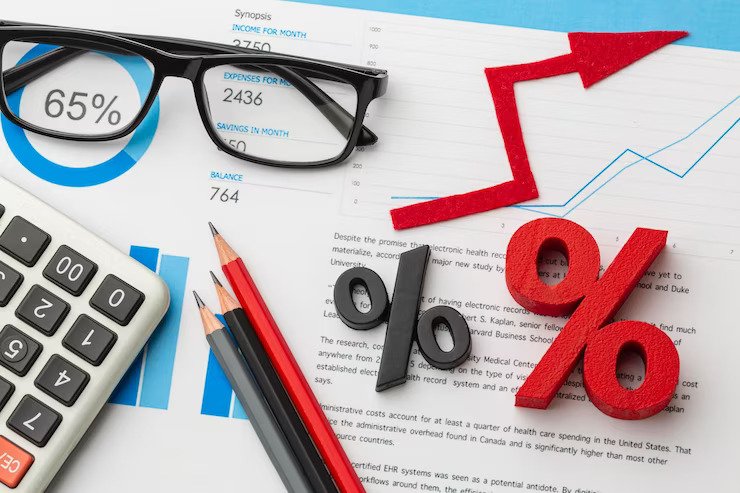
As an independent event planner, you may receive 1099 income, which refers to income received from a client or business that is not your employer. When you receive 1099 income, you’ll need to pay both the employer and employee portion of Social Security and Medicare taxes. This is known as self-employment tax.
The self-employment tax rate is currently 15.3%, but only applies to the first $132,900 of your net earnings. Once you reach this threshold, the rate drops to 2.9%. It’s worth noting that the self-employment tax rate applies in addition to your regular income tax rate. This means that you’ll need to factor in both taxes when calculating your overall tax liability and use a quarterly tax calculator.
To make things a bit easier, you can use a 1040 ES calculator to estimate how much you’ll need to pay in taxes for the year and to determine how much money you should set aside throughout the year to cover your tax bill. The 1040 ES calculator takes into account your 1099 income, self-employment tax, and any other income you may have throughout the year.
Claiming Deductions and Maximizing Tax Savings
One of the benefits of being self-employed is the ability to claim deductions that can help reduce your taxable income and lower your overall tax bill. However, freelancers often struggle with identifying which deductions they’re eligible for and how to properly claim them on their tax returns.
As independent event planners, you may be eligible to deduct expenses such as office supplies, equipment, software and subscriptions, travel expenses, and marketing expenses. However, it’s crucial to save records of what you spend in order to claim them properly, and in case you get an IRS audit.
You can also consider setting up a retirement account, such as a Solo 401(k) or a SEP IRA, which can help reduce your taxable income while ensuring that you’re saving for your future.
Tax Implications of Incorporating Your Business
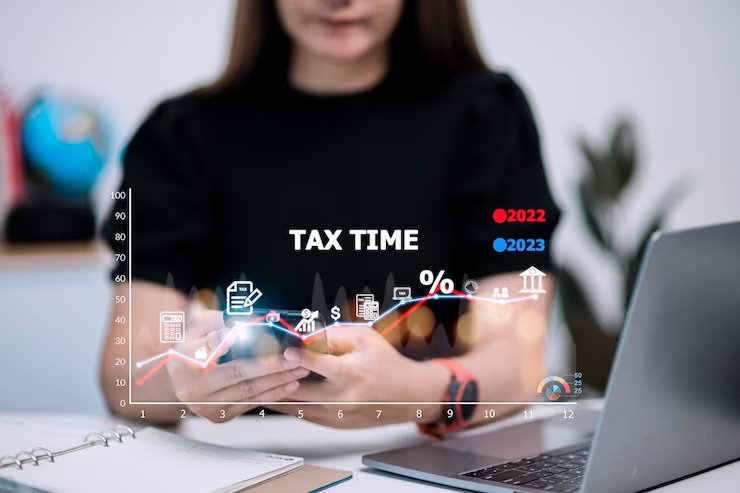
Many independent event planners operate as sole proprietors, which means that they’re an individual who owns and operates a business. However, there are benefits to incorporating your business, such as limited liability protection and potential tax savings.
Additionally, corporations are eligible for more tax deductions than sole proprietors, including health and life insurance premiums, employee benefits, and certain business travel expenses.
Making your business incorporated can also help reduce your total tax liability. For example, if you’re earning a high income as a sole proprietor, you may be subject to the top income tax rate of 37%. However, if you incorporate your business and structure it as an S-corporation, you can pay yourself a salary and receive the rest of your income through distributions, which are taxed at a lower rate.
2023 Self-Employment Tax Calculator
Looking ahead to future tax years, it’s always a good idea to stay informed about changes to tax laws and regulations. The self-employment tax rate may change from year to year, and it’s important to stay on top of these changes in order to accurately estimate your overall tax liability.
The self-employment tax calculator 2023 can help you estimate how much you’ll owe in self-employment taxes for the year, based on the latest tax rates and regulations. By using this calculator, you can ensure that you’re setting aside enough money throughout the year to cover your tax bill and avoid any unpleasant surprises come tax time.
Conclusion
As an independent event planner, managing your taxes can be a bit daunting. However, by staying informed about your tax obligations, identifying available deductions, and incorporating your business if necessary, you can minimize your tax liability and maximize your tax savings. Utilizing tools such as the 1040 ES calculator and the self-employment tax calculator 2023 can also help streamline the tax planning process and ensure that you’re in compliance with the latest tax regulations.
Read Also:
- 6 Ways to Stay Sales Tax Compliant
- Know the Applicable Stamp Duty when Gifting an Asset
- Commonly Misunderstood Facts About The Employee Retention Tax Credit













